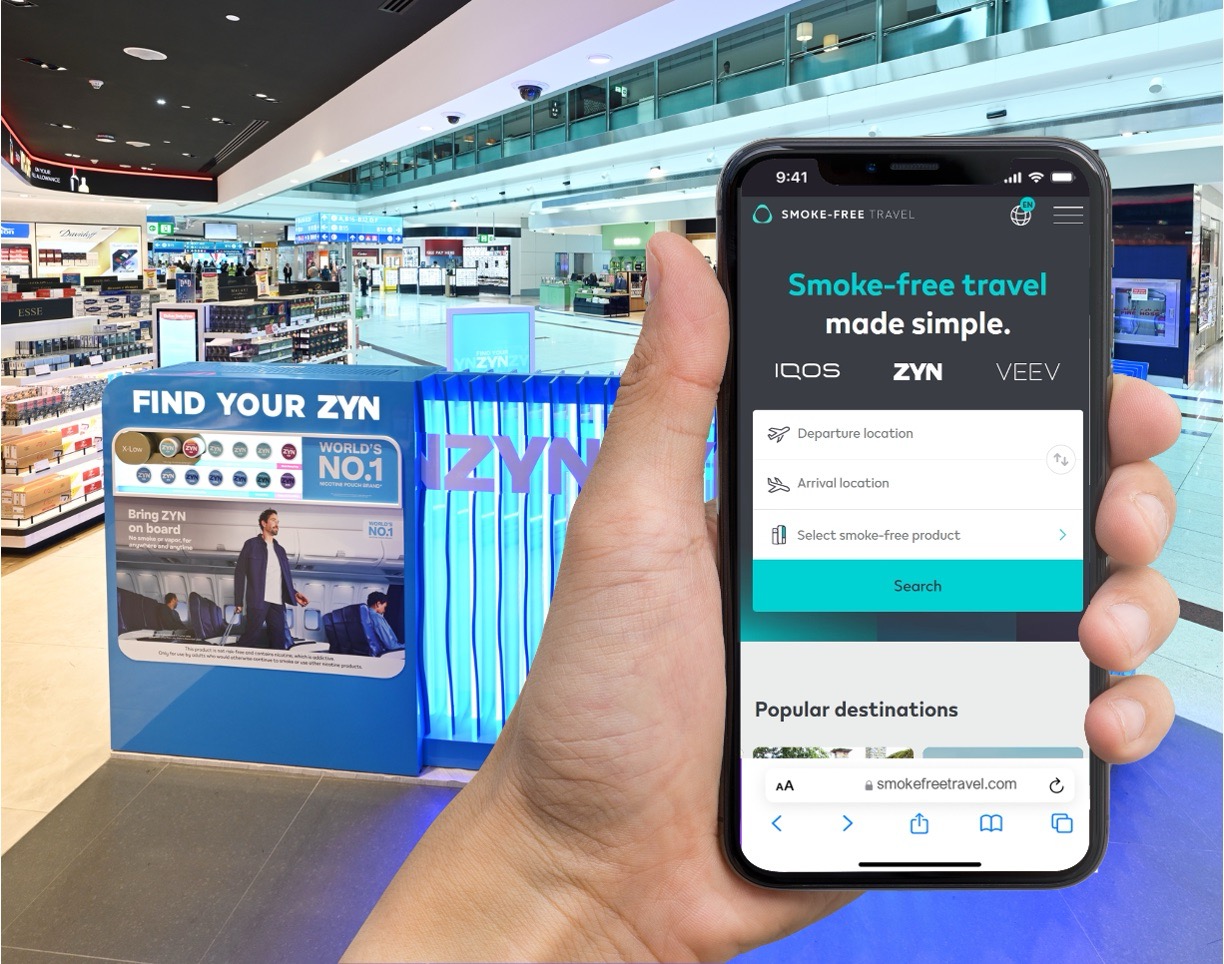MALAYSIA. Malaysia Airports Holdings (MAHB) has reported a +3.4% year-on-year rise in non-aeronautical revenues to RM2,161.5 million (US$510 million) for the 12 months ended 31 December 2019. Within this, retail revenues climbed by +2.3% to RM850.2 million (US$200.6 million).
At its biggest travel retail locations, Kuala Lumpur International Airport (KLIA) and budget terminal klia2, gross retail and F&B sales (at the two airports combined) dipped by -3.7% to RM2,036.7 million (US$480.6 million), with sales per passenger down by -7.3% to RM32.67 (US$7.71).
The company attributed the weaker performance to the Commercial Re-set that continues at its major airports, and to a faster rate of domestic passenger increase compared to international at KLIA in particular (+6.2% versus +3%).
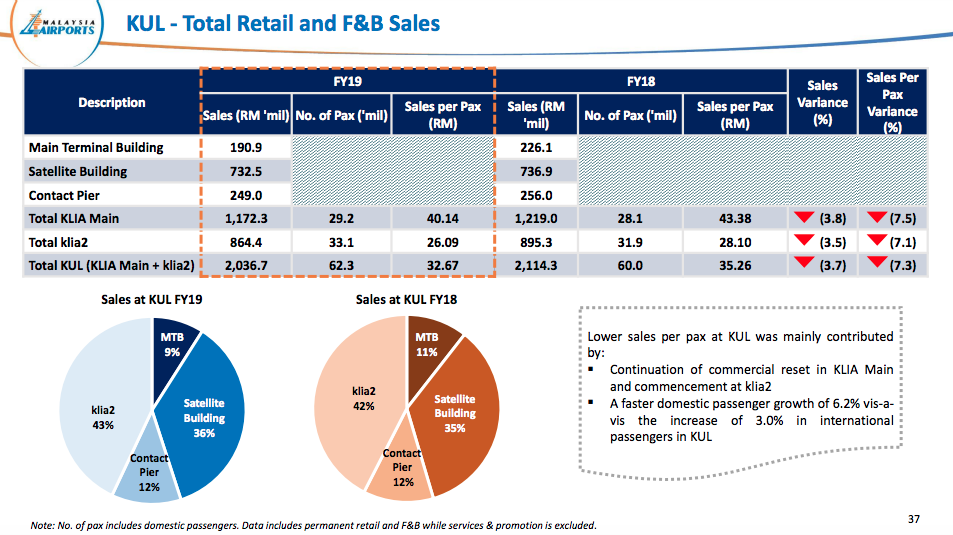
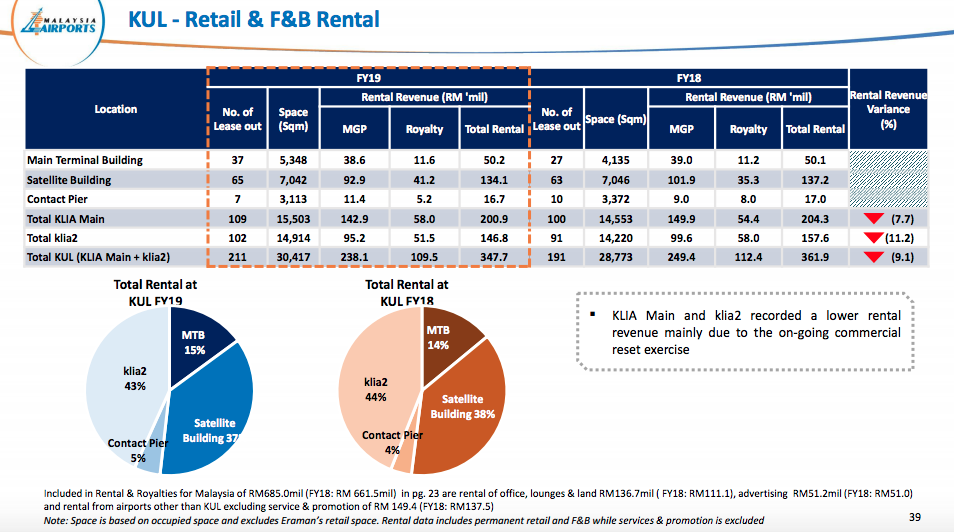 Retail division Eraman had revenue at KLIA/klia2 combined of RM698.1 million (US$164.7 million), down by -0.2%, with sales per passenger falling -3.9% to RM11.20 (US$2.64).
Retail division Eraman had revenue at KLIA/klia2 combined of RM698.1 million (US$164.7 million), down by -0.2%, with sales per passenger falling -3.9% to RM11.20 (US$2.64).
The best-selling duty free categories are fragrances & cosmetics, followed by tobacco, with Chinese visitors the highest spending shoppers on average, followed by passengers from the ASEAN region.
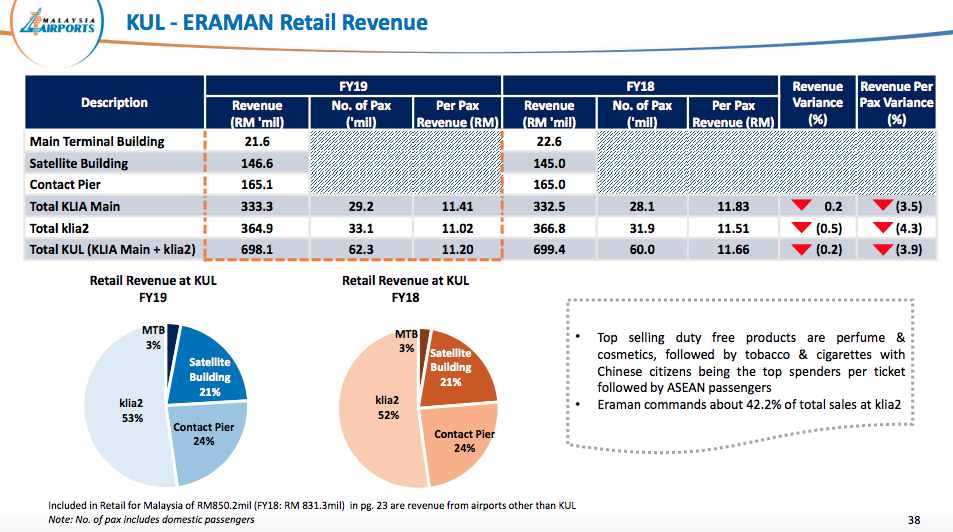
At Istanbul Sabiha Gökcen Airport, fully owned by Malaysia Airports, duty free revenue was €58.7 million, up by +9.6% year-on-year, aided by a +20.6% leap in international passenger numbers.
Malaysia’s airports reported a +6.1% rise in passenger traffic to 105.2 million; Kuala Lumpur International Airport (KLIA) recorded +3.9% growth to 62.3 million passengers while other airports in Malaysia recorded +9.5% growth to 42.8 million passengers.
Malaysia Airports Group reported revenue of RM5,213.1 million (US$1,230 million, +7.4%) and core earnings before interest, tax, depreciation and amortisation (EBITDA) of RM2,292.0 million (US$540.9 million, +9.3%) for the financial year.
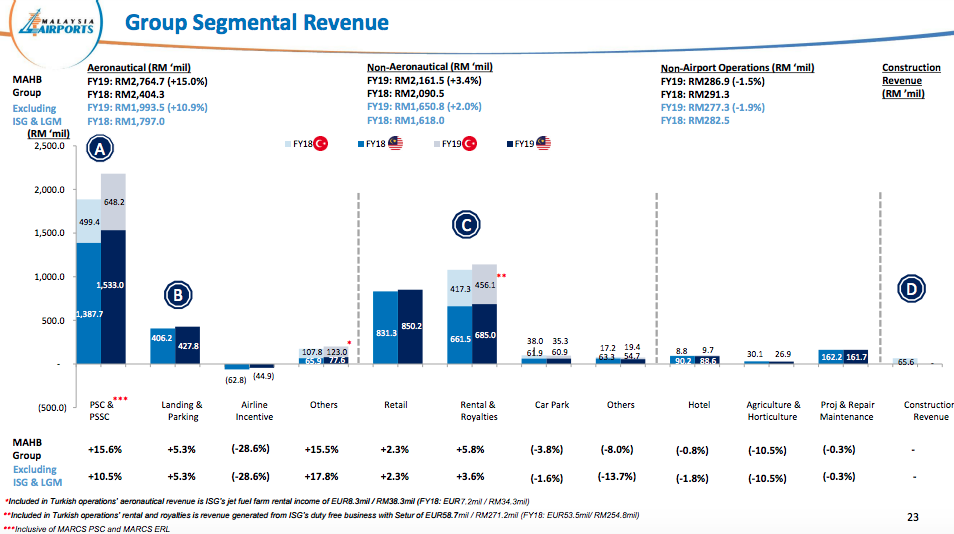
Outlook
Malaysia Airports said that the spread of COVID-19 is expected to have an adverse impact on passenger growth, with recovery gradual once it is contained. The Ministry of Finance has revised down its forecast GDP growth for Malaysia to between +3.2% and +4.2% in 2020.
Malaysia Airports said: “We foresee passenger traffic will recover the lost ground in the medium to long term as there is latent demand for travel based on average high load factors. In addition, the Visit Malaysia Year 2020 may to a certain extent cushion the adverse impact from COVID-19, provided confidence for air travel returns in the next few months. Historically, during normal Visit Malaysia Years, the international traffic growth had [led to] double-digit growth.”







